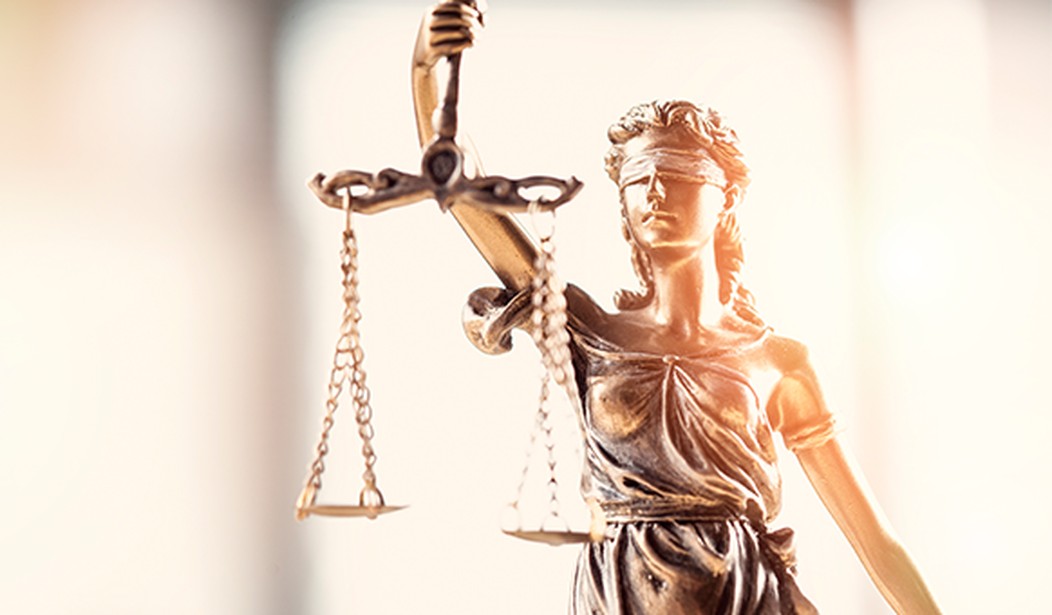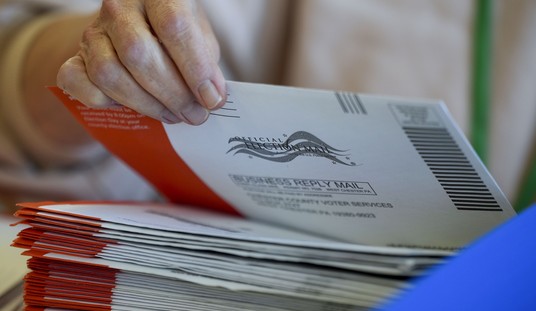Journalists claiming a First Amendment privilege to “protect” a source are rare, and few of them will go to jail for not giving up that source. Former New York Times reporter Judith Miller was a central figure in the Valerie Plame investigation. Miller resided in a jail cell for 85 days before she bent a partial knee and agreed to testify on a limited basis before a grand jury. Lewis “Scooter” Libby was “outted” by Miller, without Miller outing additional sources. When a grand jury is empaneled and a journalist refuses to give up a “source,” the journalist can remain in a cell for as long as a Grand Jury is empaneled. Once the grand jury is discharged, the journalist can go home. But what of cases in which a private citizen is “outted” by an FBI agent who violates a citizen's right to privacy, and the information that person seeks is in the context of civil litigation?
Such is the case with Yanping Chen. A decade ago, Chen was the subject of an FBI probe. Chen is a Chinese American and a scientist. FBI agents believed that Chen had lied on immigration forms, specifically about her “involvement” in a Chinese rocket program. Her home was raided and items seized.
But Chen was never charged. Two years after she was the subject of the investigation, (at the time) Fox reporter Catherine Herridge reported on the story. Her reporting included items seized in the FBI raid. Personal items. Those items were protected by the Privacy Act. Her business tanked. Although Chen was never charged with falsifying her immigration forms, the DoD cancelled her contracts with the department. Chen sued in civil court – in part, she wanted to find out who had leaked the FBI file information to Herridge. Chen wanted to know who had violated her right to privacy under the Privacy Act. Appeals followed:
Yanping Chen alleges that federal officials violated the Privacy Act by disclosing records about her compiled as part of an FBI investigation. The records were published by Fox News. In discovery, Chen sought to compel Catherine Herridge—one of the journalists involved in publishing the records—to identify who had leaked them.
Again, this matter started 10 years ago with an FBI investigation that concluded with no charges. Herridge has refused to give up her source even while ordered to provide the source of the FBI information. Herridge has asserted two arguments. First, Herridge claims that because most of what she used for her story was in the "public domain," the illegally obtained information was a minor issue. Trivial. She argues that Chen’s claim is frivolous because, in essence, only “some” of the reporting was illegally obtained. The appeals court rejected Herridge's arguments:
[S]o long as Chen establishes that some Privacy Act violation harmed her, she may recover actual or statutory damages if it was willful. 5 U.S.C. § 552a(g)(4)(A); Doe v. Chao, 540 U.S. 614, 627 (2004). In sum, Herridge’s arguments at most suggest that Chen is likely to recover only a small amount of damages, but that does not render her claim frivolous.
Having done so, the Court then established “more precise guidelines … to determine how the balance should be struck in a particular case.” And as explained above, it crystallized those guidelines into two inquiries “of central importance”—whether the information is “crucial” to the case and whether the litigant could obtain it from a “reasonable alternative source.”
Herridge nonetheless asks us to rule in her favor because (1) Chen’s Privacy Act claim is frivolous or meritless and (2) Lee conflicts with prior circuit precedent and therefore does not bind us. We reject both contentions.
The Appeals panel also rejected her reliance on the 1st Amendment argument, and her lawyers' use of dissents in Lee v. Department of Justice, 413 F.3d 53 (D.C. Cir. 2005).
[In Lee] this Court held that a litigant may overcome the privilege by showing centrality and exhaustion—even in a case where the reporter is not a party.
Chen had exhausted the Lee requirements and, after almost eight years, was asking the court to again demand that Herridge give up the source of the illegally obtained FBI file information.
In short, if the First Amendment itself does not entitle Herridge to disobey discovery obligations imposed on every other citizen in the circumstances of this case, we see little reason to create that entitlement as a matter of judge-made common law.
The court was unanimous. Herridge must finger the source of the Privacy Act violator. A lower court had fined Herridge $800 a day for not disclosing the source following her deposition, but stayed the order pending appeal. Now that the order will take effect, we will see if Herridge continues to hide her source.
The opinion concludes with this line:
For these reasons, we decline to recognize a federal common law newsgathering privilege.
My guess is Herridge is now “free” to disclose the FBI source based on a court order, and she will disclose her source. There is, I think, little chance the Supreme Court would grant certiorari. Herridge no longer works for Fox, and I doubt Fox would pay the fine to keep her from disclosing the source.
Update - Fox News has issued a statement regarding the decision:
Statement from FOX News Media
“Forcing a journalist to reveal a source not only threatens press freedom but chills investigative reporting that holds the powerful accountable, which is the very foundation of our democracy. We remain steadfast in our support of the First Amendment and urge an appeal of this decision.”
Editor’s Note: Do you enjoy RedState’s conservative reporting that takes on the radical left and woke media? Support our work so that we can continue to bring you the truth.
Join RedState VIP and use the promo code FIGHT to get 60% off your VIP membership!














Join the conversation as a VIP Member